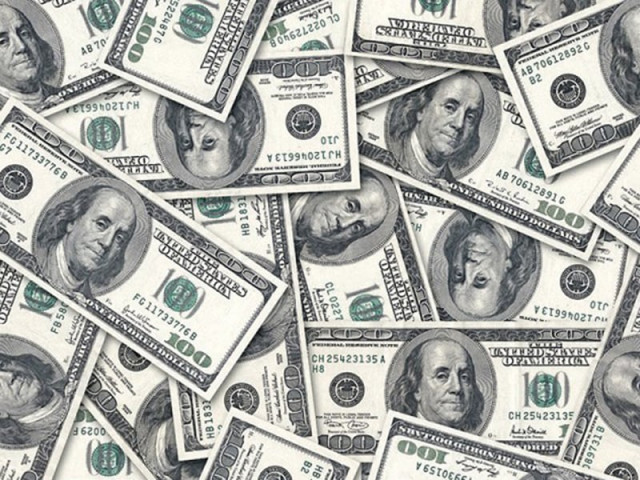Stashed abroad: Diplomat debunks talk of recouping Swiss money
Switzerland’s envoy says talks are only about avoidance of a double taxation treaty

Pakistan has not requested negotiations on exchange of information for restitution of any ill-gotten money presumably stashed in Swiss banks, said Switzerland’s Ambassador to Pakistan and Afghanistan March George on Monday.
A day before both the nations are set to open talks in Bern, Switzerland, the ambassador moved to dispel the impression – created by numerous statements given by Pakistani politicians, including Finance Minister Ishaq Dar, regarding bringing back to Pakistan $200 billion.
“Pak-Switzerland talks, starting from Tuesday [today], will be restricted to re-negotiating avoidance of a double taxation treaty,” he said, speaking to a group of journalists. A two-member Pakistani delegation from the Federal Board of Revenue (FBR) has left for Switzerland for the talks.
The politicians’ statements and newspaper articles reflect that there are great expectations from upcoming talks between Pakistan and Switzerland for Avoidance of Double Taxation, said George while advising people to adjust their hopes.
“For us, it will be just a technical meeting and the figures quoted and the related issues will not be discussed during the three-day talks,” he said.
The ambassador did not confirm the estimates that Pakistanis have deposited roughly $200 billion in Swiss banks. “We do not know from where this figure came in and what is its source,” he added.
He said avoidance of a double taxation treaty and convention on exchange of information were two different legal instruments and people in Pakistan were inter-mingling them both.
“The issue of exchange of information on illegal assets was not on the meeting’s agenda, as to my information Pakistan did not place any request,” he added.
Earlier, Ishaq Dar had claimed that the talks would be held with Swiss authorities in August to bring back $200 billion to Pakistan from Swiss banks. He, however, said there were no firm estimates of the amount and the money could be far less than this.
But George said the purpose of the meeting was to adapt the modern convention for better coordination of taxing rights to the present policies of Pakistan and Switzerland.
George said Pakistan had requested to renegotiate the treaty in November last year.
He said there was an impression in Pakistan as if avoidance of a double taxation treaty would provide the base for bringing back assets deposited in the Swiss banks. George maintained that for that purpose the adaptation of current international standard in respect of the exchange of information provided the tax authorities of both the countries with a legal basis for an exchange of information for tax purposes on request.
He clarified that the convention for avoidance of double taxation does not generally include a legal basis for the restitution of assets originating from illegal activities. “Pakistan and Switzerland had in May 2005 signed such agreement for sharing of confiscated assets and money generated from illegal activities,” he added.
The ambassador said the money gotten from illegal sources and stashed in Swiss banks can be restituted but for that Pakistan has to establish a case.
“The Swiss authorities, however, cannot help to recover taxes, if money is earned from legal sources but parked in Swiss banks without paying taxes to Pakistani authorities,” he said adding: “The exchange of information is possible but it does not mean that Switzerland can help in tax collection”.
He said after technical discussions there can be an agreement on the revised treaty. If both the sides could not reach a consensus only in that case next round of talks will be held, he added.
George said the legislation for repatriation of assets requires that the concerned funds have evidentially been acquired through illegal activities.
“The simple fact that assets or income were not correctly reported to tax authorities does not itself establish a sufficient nexus between the concerned assets and illegal nature of the acquisition,” he added.
Published in The Express Tribune, August 26th, 2014.



















COMMENTS
Comments are moderated and generally will be posted if they are on-topic and not abusive.
For more information, please see our Comments FAQ